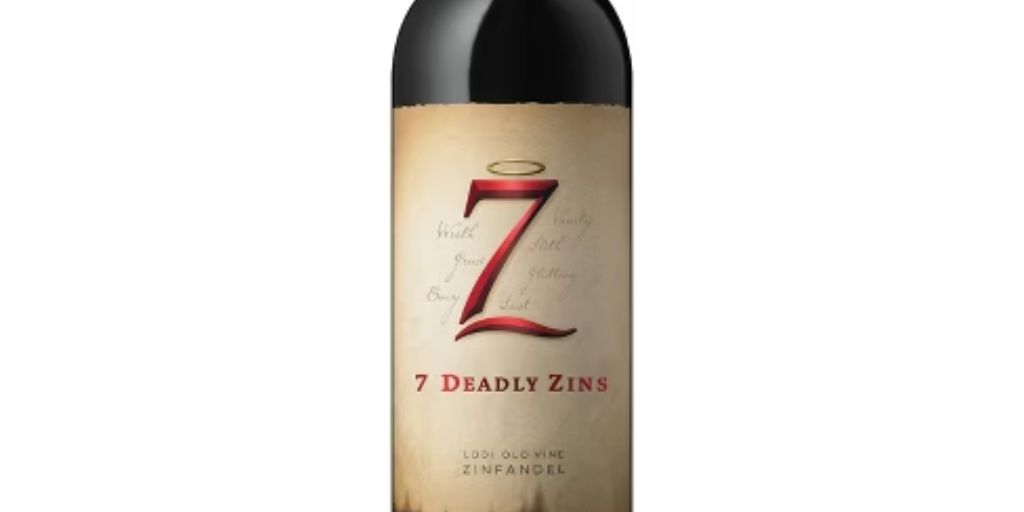Pairing wine with food can elevate both the meal and the drink, highlighting new flavors and creating a memorable dining experience.
But when it comes to spicy food—whether it’s Thai curry, Indian vindaloo, Sichuan stir-fry, or Mexican tacos—the pairing process can be tricky. Spice can overwhelm delicate wines, accentuate alcohol burn, or clash with tannins and oak.
However, when done correctly, the right wine can cool the heat, enhance flavors, and provide a refreshing contrast. This article explores the principles of pairing wine with spicy food, including key factors to consider, recommended wine styles, common mistakes to avoid, and specific pairing ideas from various spicy cuisines.
Why Spicy Foods Are a Challenge for Wine
Spicy foods, especially those made with chili peppers, contain capsaicin, a compound that creates a burning sensation on the tongue. When you pair a high-alcohol, tannic, or heavily oaked wine with spicy food, the heat is amplified, which can make the wine taste harsh and the food even more intense.
At the same time, spicy dishes often contain layers of flavor—sweet, sour, umami, herbal—that interact differently with different types of wine. The goal is to find a wine that complements or soothes the heat without overpowering the food.
Key Principles of Pairing Wine with Spicy Foods
To successfully pair wine with spicy dishes, keep the following principles in mind:
1. Low Alcohol is Key
High-alcohol wines intensify the burning sensation of spicy food. Look for wines with 12.5% alcohol or lower. These wines are less likely to clash and offer a more refreshing experience.
2. Off-Dry is Better Than Bone Dry
A touch of residual sugar in the wine can help tame the fire. Off-dry wines (those with a slight sweetness) create a cooling effect on the palate, making them ideal for balancing spice.
3. Low Tannin, Low Oak
Tannins and oak can add bitterness and dryness, which amplify the perception of heat. Choose low-tannin reds or whites that are unoaked or lightly oaked.
4. Aromatic and Fruity Wines Work Well
Spicy dishes often have complex, bold flavors. Wines with fruity, aromatic profiles can stand up to the intensity without being overpowered.
Best Wine Styles for Spicy Food
Here are some wine styles that consistently perform well when paired with spicy cuisine:
1. Riesling (Off-Dry)
A classic choice for spicy dishes, particularly from German or Alsatian regions. Riesling’s high acidity, low alcohol, and touch of sweetness make it incredibly versatile.
Best with: Thai green curry, Sichuan chicken, Indian butter chicken
2. Gewürztraminer
Highly aromatic and often slightly sweet, Gewürztraminer can hold its own against fragrant spices and bold flavors.
Best with: Indian curries, Moroccan tagines, spicy Korean BBQ
3. Moscato d’Asti
Low in alcohol and naturally sweet, this lightly sparkling Italian white can cool down even the spiciest dishes while offering a fun, fruity contrast.
Best with: Spicy Sichuan noodles, hot wings, jalapeño-laced Mexican food
4. Chenin Blanc (Off-Dry)
From South Africa or the Loire Valley, this versatile white has just enough sweetness and acidity to handle spice, especially in coconut-based curries.
Best with: Thai massaman curry, spicy seafood stew, Ethiopian dishes
5. Sparkling Wine
The bubbles in Champagne, Cava, or Prosecco cleanse the palate and provide contrast to oily, spicy foods. Opt for styles that are not too dry (look for labels like “Brut” or “Extra Dry”).
Best with: Spicy fried chicken, dim sum with chili oil, spicy tapas
6. Rosé
A dry or off-dry rosé can offer the fruitiness of a red wine with the acidity of a white, making it a good all-around option for mildly spicy dishes.
Best with: Grilled spicy shrimp, spicy sausage, enchiladas
7. Gamay / Beaujolais
This light, fruity red has low tannins and bright acidity, making it a red wine that works with spice, especially in dishes that have smoky or earthy elements.
Best with: Cajun dishes, spicy duck, BBQ ribs with heat
8. Zinfandel (Moderate Alcohol)
For those who prefer a bolder red, Zinfandel can work with heartier spicy dishes—just avoid versions with high alcohol (look for 13.5% or lower).
Best with: Spicy BBQ, chili con carne, spicy meatballs
Common Mistakes to Avoid
❌ Pairing with High-Alcohol Wines
Spicy food and 15% ABV Cabernet Sauvignon? Bad idea. The alcohol enhances the heat and makes both the wine and food less enjoyable.
❌ Choosing Heavily Oaked Wines
Oaky flavors (vanilla, toast, smoke) can clash with the bright, herbal, or citrusy flavors in many spicy cuisines.
❌ Ignoring Sweetness
Even a small amount of sweetness in a wine can significantly enhance the pairing experience. Don’t be afraid of wines labeled “semi-dry” or “off-dry.”
❌ Going Too Tannic
Tannins and spice do not mix well. Avoid wines like young Bordeaux, Barolo, or Nebbiolo unless the spice is extremely mild.
Pairing by Cuisine
🌶 Thai Food
Thai dishes often combine heat with sweet, sour, and salty flavors.
-
Best wines: Off-dry Riesling, Gewürztraminer, Chenin Blanc
-
Avoid: Tannic reds and heavily oaked whites
🌶 Indian Cuisine
Curries range from creamy to dry and can have intense spice and aromatics.
-
Best wines: Gewürztraminer, Sparkling Rosé, Moscato
-
Avoid: Big reds and high-alcohol wines
🌶 Mexican Food
Spice, acid (lime), and umami (beans, cheese, meats) dominate.
-
Best wines: Rosé, Zinfandel, Sparkling Wine
-
Avoid: Bone-dry whites without fruitiness
🌶 Sichuan Cuisine
Known for numbing spice and oil-heavy stir-fries.
-
Best wines: Riesling, Sparkling Wine, off-dry Muscat
-
Avoid: Reds with high tannins or bitter notes
🌶 Korean Food
Heat often comes with sweetness and fermented flavors (kimchi).
-
Best wines: Off-dry whites, light reds like Gamay, sparkling wine
-
Avoid: Highly structured reds or overly sweet wines

Tips for a Better Spicy Food and Wine Experience
-
Serve wine slightly chilled – even reds. Cooler temperatures help calm heat and make wine more refreshing.
-
Start mild, then scale up – if you’re unsure, begin with low-spice dishes and lighter wines.
-
Experiment with contrasts – sweetness vs. spice, acid vs. fat. Contrasting elements can create balance.
-
Balance intensity – match the strength of the wine to the boldness of the dish. Delicate wines will get lost with intensely spicy food.
-
Trust your palate – there are no hard rules in wine and food pairing. If it tastes good to you, it’s a good match.
Pairing wine with spicy food doesn’t have to be daunting. The key is to prioritize wines that are low in alcohol, high in acidity, and possibly off-dry or fruity. These characteristics soothe the palate, complement bold flavors, and avoid clashes with heat.
Whether you’re enjoying a fiery Indian curry, spicy Thai noodles, or zesty tacos, there’s a wine that can enhance the experience—if you choose wisely. Use the principles and suggestions in this guide as a starting point, then explore and refine your pairings through personal tasting and experimentation.
Spicy food and wine may seem like an unlikely match, but when balanced just right, they can create fireworks of flavor. Cheers to your next bold pairing adventure!


